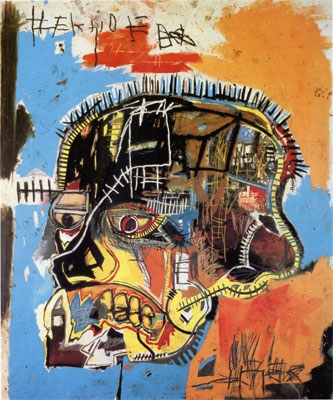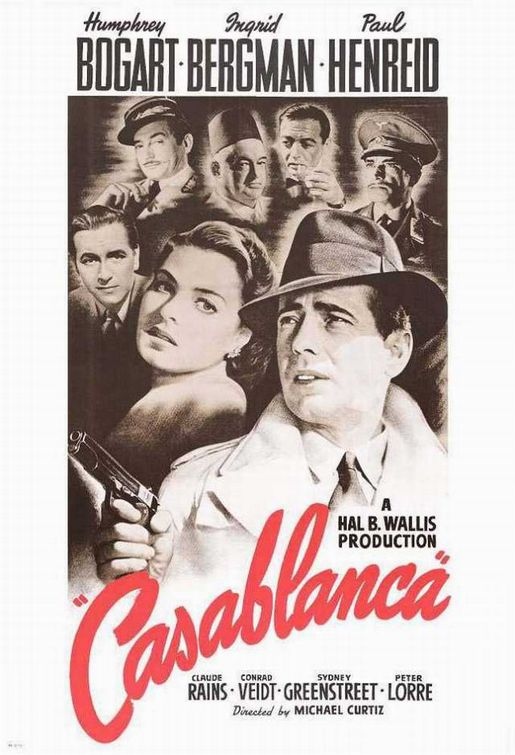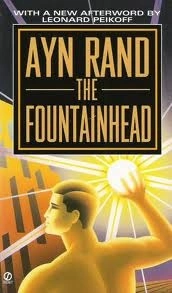What happened that night? Your final night.
Double, treble exposure
Over everything. Late afternoon, Friday,
My last sight of you alive.
Burning your letter to me, in the ashtray,
With that strange smile. Had I bungled your plan?
Had it surprised me sooner than you purposed?
Had I rushed it back to you too promptly?
One hour later—-you would have been gone
Where I could not have traced you.
I would have turned from your locked red door
That nobody would open
Still holding your letter,
A thunderbolt that could not earth itself.
That would have been electric shock treatment
For me.
Repeated over and over, all weekend,
As often as I read it, or thought of it.
That would have remade my brains, and my life.
The treatment that you planned needed some time.
I cannot imagine
How I would have got through that weekend.
I cannot imagine. Had you plotted it all?
Your note reached me too soon—-that same day,
Friday afternoon, posted in the morning.
The prevalent devils expedited it.
That was one more straw of ill-luck
Drawn against you by the Post-Office
And added to your load. I moved fast,
Through the snow-blue, February, London twilight.
Wept with relief when you opened the door.
A huddle of riddles in solution. Precocious tears
That failed to interpret to me, failed to divulge
Their real import. But what did you say
Over the smoking shards of that letter
So carefully annihilated, so calmly,
That let me release you, and leave you
To blow its ashes off your plan—-off the ashtray
Against which you would lean for me to read
The Doctor’s phone-number.
My escape
Had become such a hunted thing
Sleepless, hopeless, all its dreams exhausted,
Only wanting to be recaptured, only
Wanting to drop, out of its vacuum.
Two days of dangling nothing. Two days gratis.
Two days in no calendar, but stolen
From no world,
Beyond actuality, feeling, or name.
My love-life grabbed it. My numbed love-life
With its two mad needles,
Embroidering their rose, piercing and tugging
At their tapestry, their bloody tattoo
Somewhere behind my navel,
Treading that morass of emblazon,
Two mad needles, criss-crossing their stitches,
Selecting among my nerves
For their colours, refashioning me
Inside my own skin, each refashioning the other
With their self-caricatures,
Their obsessed in and out. Two women
Each with her needle.
That night
My dellarobbia Susan. I moved
With the circumspection
Of a flame in a fuse. My whole fury
Was an abandoned effort to blow up
The old globe where shadows bent over
My telltale track of ashes. I raced
From and from, face backwards, a film reversed,
Towards what? We went to Rugby St
Where you and I began.
Why did we go there? Of all places
Why did we go there? Perversity
In the artistry of our fate
Adjusted its refinements for you, for me
And for Susan. Solitaire
Played by the Minotaur of that maze
Even included Helen, in the ground-floor flat.
You had noted her—-a girl for a story.
You never met her. Few ever met her,
Except across the ears and raving mask
Of her Alsatian. You had not even glimpsed her.
You had only recoiled
When her demented animal crashed its weight
Against her door, as we slipped through the hallway;
And heard it choking on infinite German hatred.
That Sunday night she eased her door open
Its few permitted inches.
Susan greeted the black eyes, the unhappy
Overweight, lovely face, that peeped out
Across the little chain. The door closed.
We heard her consoling her jailor
Inside her cell, its kennel, where, days later,
She gassed her ferocious kupo, and herself.
Susan and I spent that night
In our wedding bed. I had not seen it
Since we lay there on our wedding day.
I did not take her back to my own bed.
It had occurred to me, your weekend over,
You might appear—-a surprise visitation.
Did you appear, to tap at my dark window?
So I stayed with Susan, hiding from you,
In our own wedding bed—-the same from which
Within three years she would be taken to die
In that same hospital where, within twelve hours,
I would find you dead.
Monday morning
I drove her to work, in the City,
Then parked my van North of Euston Road
And returned to where my telephone waited.
What happened that night, inside your hours,
Is as unknown as if it never happened.
What accumulation of your whole life,
Like effort unconscious, like birth
Pushing through the membrane of each slow second
Into the next, happened
Only as if it could not happen,
As if it was not happening. How often
Did the phone ring there in my empty room,
You hearing the ring in your receiver—-
At both ends the fading memory
Of a telephone ringing, in a brain
As if already dead. I count
How often you walked to the phone-booth
At the bottom of St George’s terrace.
You are there whenever I look, just turning
Out of Fitzroy Road, crossing over
Between the heaped up banks of dirty sugar.
In your long black coat,
With your plait coiled up at the back of your hair
You walk unable to move, or wake, and are
Already nobody walking
Walking by the railings under Primrose Hill
Towards the phone booth that can never be reached.
Before midnight. After midnight. Again.
Again. Again. And, near dawn, again.
At what position of the hands on my watch-face
Did your last attempt,
Already deeply past
My being able to hear it, shake the pillow
Of that empty bed? A last time
Lightly touch at my books, and my papers?
By the time I got there my phone was asleep.
The pillow innocent. My room slept,
Already filled with the snowlit morning light.
I lit my fire. I had got out my papers.
And I had started to write when the telephone
Jerked awake, in a jabbering alarm,
Remembering everything. It recovered in my hand.
Then a voice like a selected weapon
Or a measured injection,
Coolly delivered its four words
Deep into my ear: ‘Your wife is dead.’
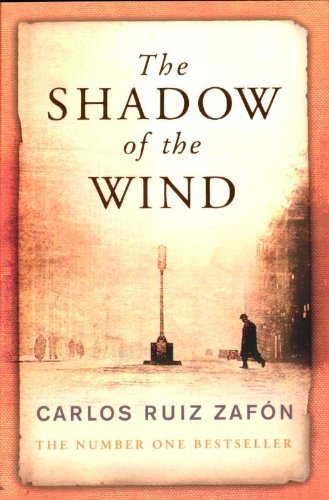
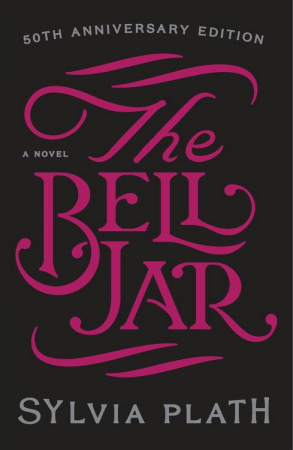 I saw my life branching out before me like the green fig tree in the story. From the tip of every branch, like a fat purple fig, a wonderful future beckoned and winked. One fig was a husband and a happy home and children, and another fig was a famous poet and another fig was a brilliant professor, and another fig was Ee Gee, the amazing editor, and another fig was Europe and Africa and South America, and another fig was Constantin and Socrates and Attila and a pack of other lovers with queer names and offbeat professions, and another fig was an Olympic lady crew champion, and beyond and above these figs were many more figs I couldn’t quite make out. I saw myself sitting in the crotch of this fig tree, starving to death, just because I couldn’t make up my mind which of the figs I would choose. I wanted each and every one of them, but choosing one meant losing all the rest, and, as I sat there, unable to decide, the figs began to wrinkle and go black, and, one by one, they plopped to the ground at my feet.
I saw my life branching out before me like the green fig tree in the story. From the tip of every branch, like a fat purple fig, a wonderful future beckoned and winked. One fig was a husband and a happy home and children, and another fig was a famous poet and another fig was a brilliant professor, and another fig was Ee Gee, the amazing editor, and another fig was Europe and Africa and South America, and another fig was Constantin and Socrates and Attila and a pack of other lovers with queer names and offbeat professions, and another fig was an Olympic lady crew champion, and beyond and above these figs were many more figs I couldn’t quite make out. I saw myself sitting in the crotch of this fig tree, starving to death, just because I couldn’t make up my mind which of the figs I would choose. I wanted each and every one of them, but choosing one meant losing all the rest, and, as I sat there, unable to decide, the figs began to wrinkle and go black, and, one by one, they plopped to the ground at my feet.